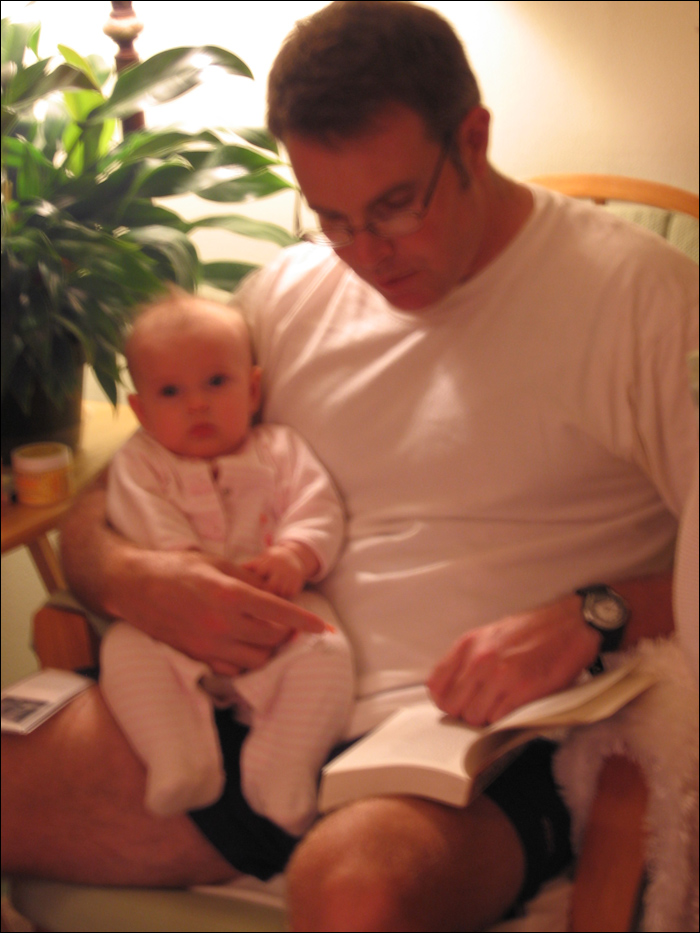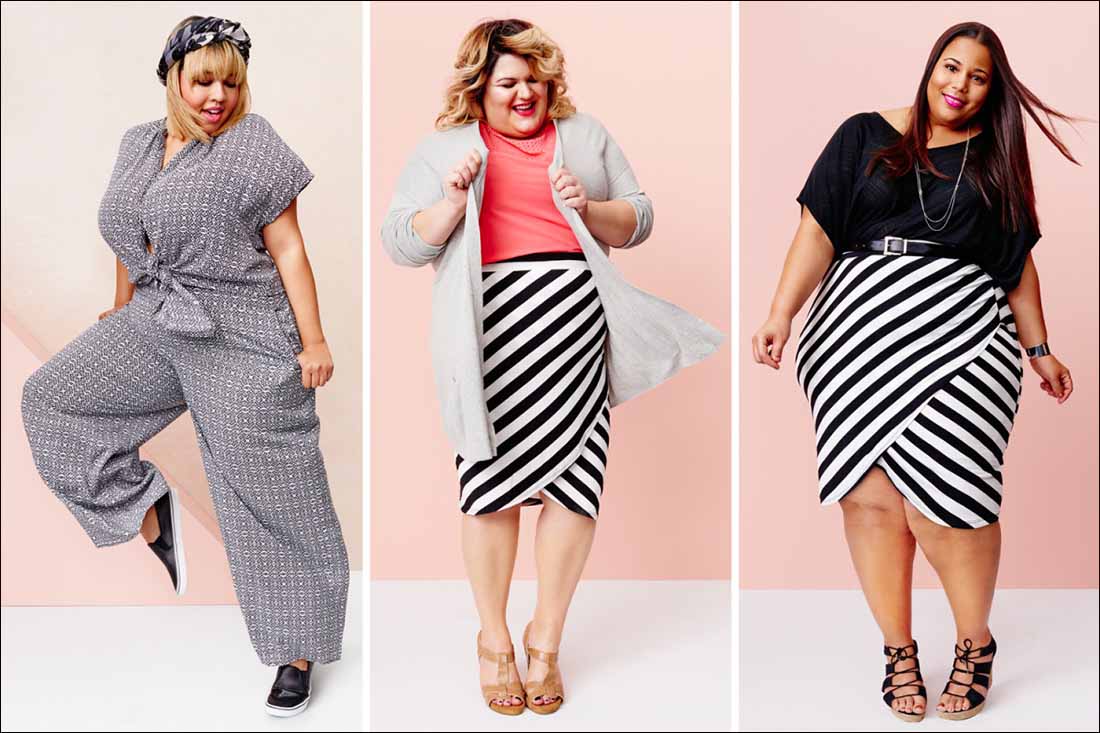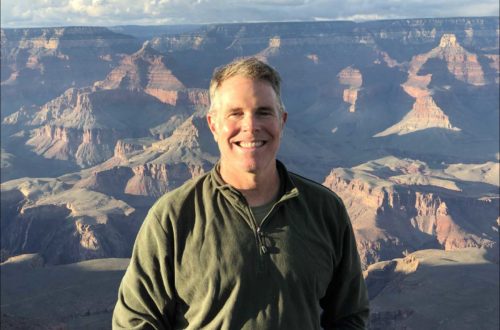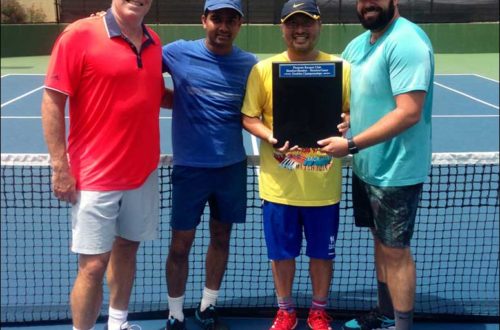Two days ago, on November 7th, 2021, we ended daylight savings time. Now it gets dark as soon as 5:00 pm.
That is early.
This is what is on my mind tonight. The change in time has got me a bit off my game. The clock says it is 7:30 pm but it feels like it is 10:30 pm. It is dark outside and cold.
Is it better to change the clocks every autumn and get up in daylight, with the sun setting so early? Well, farmers like that schedule better. But few Americans nowadays are farmers who milk the cows before breakfast. But still we turn our clocks back an hour each autumn.
Or would it be better to wake up in the dark and have more daylight before dinner? More time to go out and exercise in the daylight? Get rid of “daylight savings time”?
I don’t know.
There are pros and cons to both sides, as there is in almost everything else in life.
My most salient memory of this “daylight savings” switch is that it was so much easier to get my daughters to go to sleep in winter when they were young. The sun went down before dinner, and my daughters just went to sleep. It was dark, so they fell asleep. But it was different in summer. In high summer when the sun was out until eight pm, the bedtime process would take hours and hours. There was patience required and pain endured in getting my daughters to go to sleep in summer. Truth be told, I just waited them out. They would go to sleep eventually. Time was on my side. I could be as patient as the sphinx. But the sun was out until late in summer, and so my daughters stayed awake; it was that simple. As a parent of young children, I much preferred the winter. It was quicker and easier. The sun, more than the parents, seemed to dictate bedtime.
The seasons and their rhythms also affect adult behavior. In the dark and cold of winter there seems to be some process by which everyone tends to stay home, bundle up, and undergo a sort of semi-hibernation. The Danish, who have more experience with the cold and dark than most, even have a term for this: “hygge.” Even in supposedly sunny Southern California it is colder and darker in winter. In summer, in contrast, it is easier to be outdoors and active. Everyone is sort of frenetic in summer; however, people become more sedentary in winter. They await the spring, the return of warmer temperatures, and more sunlight. Their metabolisms slow down. Everything seems to slow down. Bears hibernate. Some humans come close to hibernating.
It was different in the summer. Three months ago the pool where I regularly swim laps in was packed with recreational swimmers and water-safety lessons for little kids. It was hot out, and the pool was appealing. Starting this week it is much darker, and cold weather will be here for a few months. Will the pool still be crowded? Will people choose to play tennis in the dark under the lights? Or will they give up their workout and just stay home?
I suspect the latter.
I sometimes see a similar seasonal-effect on workouts starting on January 1. One encounters those who have decided to be more active in the new year, and they are out and about and the gyms are full on New Year’s Day. This lasts for January and maybe some of February. But by March most of them are gone. The gym is emptier. But the diehards are still there. The “gym-rats” will be “pumping iron” at the bench press, and the “court-rats” will be “gripping and ripping” groundstrokes on the tennis courts. They always seem to be there. It is what they do. It gives them pleasure.
I was at the Target department store with my daughter the other day and was surprised to see many of the advertisements on the walls for clothes used obese women as models. “Why would they use these overweight models who do not make those clothes look very good?” I asked her. She replied that there were many more obese women in America than thin ones, and female shoppers want to see clothes on women who looked like them. “It is more inclusive, daddy,” she informed me. Maybe. But it just highlights how sad it is that so many Americans are so obese — and how much we have made our peace with this sad fact. The medical bill for America’s obesity crisis must be immense in terms of dollars spent. The cost in ill health and lives lost would be worse.
Again and again scientific studies highlight the inefficacy of medication or braces in relieving chronic pain for many illnesses. But the evidence shows that exercise can help. But there is something very American about wanting to take a pill to remedy a malady, while finding the time and making the effort to exercise is somehow undoable. Americans want the easy-fix. We prefer a new bicycle powered by a battery (an “eBike”), rather than a traditional one powered by the legs. We want to play pickleball instead of tennis. It is easier. We want to learn a foreign language in “six easy weeks” by buying a computer app. We want to take a pill to cure our obesity, anxiety, or alcoholism. If only it were that easy! (In contrast, I always thought anything worth doing should be difficult.)
I have a few acquaintances whose body weight goes up and down dramatically. They get religion and exercise like crazy and lose the weight, then the spell wears off and they eat what they want without exercising and put the weight back on. Their body mass is like a yo-yo going up and down.
I think the problem is twofold: they like the taste of food rich in calories, and they don’t like exercise. So they can go on a diet of lean foods and not much of it while gritting their teeth and exercising for a limited time, but it does not last. They return to old unhealthy habits. They bounce back and forth with food and exercise. It must take enormous amounts of energy to ping pong here and there and back again with your weight.
The best thing would be, in my view, to find an exercise they actually enjoyed — something they would do because it is fun, not because it was “work” which burned calories. I would play tennis because I love it, even if it hurts my health (which it kind of does to my tendons and joints). But if you do not enjoy your form of exercise, you most likely won’t remain with it. It will be unsustainable over the long-term.
There are so many ways to exercise you would think most Americans could find one which works for them — some form of exercise they enjoy which causes them to sweat and burn calories. Something which might help counter our obesity crisis and all the ill health which accompanies it. Zumba dancing or cross fit or lifting weights or water aerobics or walking with friends. The Peloton bike or Bikram Yoga or whatever else. The exercise options are almost unlimited. And even a mediocre workout is five times better than no workout.
But many (most?) Americans do no workouts at all. They are looking at their smartphone while stuffing processed foods into their mouth.
They are sedentary. They drink their Starbucks supersize lattes or hamburgers and fries or whatever and pack on the pounds. They are staring into screens of various shapes and sizes hour after hour. They get bigger and bigger.
I suspect the problem is upbringing.
If a person grows up without any exercise in their life, then it will be a challenge later on to learn to enjoy it. I suspect it could be as simple as those who are unaccustomed to sweating in exercise, they don’t like the feeling of sweating and exercising in general. Physical exertion does not feel natural. They don’t like it. Maybe they can learn to appreciate exercise, at least to some extent, but the struggle will be uphill. That is what I have seen.
Which is why I made it such a priority to have my own daughters grow up so involved in sports. And to live so deeply enmeshed in literature and learning. There was a cost for me in terms of time and energy to have sports and books so prominent in their lives, and I happily paid that price. I coached their soccer teams and taught them to hit a forehand. I read books to them almost incessantly from their earliest days all the way to the present — a giant pile of books, when all tallied up — look at this, for example —

— and you will see what I mean. Any parent leads mostly by example. It is leadership rule #1: an effective leader leads from the front. Followers notice. They respond.
The Jesuits used to boast that what they taught their students stuck. “Give me a child till he is seven years old,” St. Ignatius Loyola claimed, “and I will show you the man.” I hope for this much in my parenting.
I hope that when my daughters reach adulthood they will never know a time in their lives when they were not physically active and intellectually curious. They would have known nothing other than that in childhood, due to their family lifestyle, and so living without exercise or books would be unthinkable in later life.
As they approach adulthood, I still have that hope for my daughters. I think it will come true.
So both for me and for them, the upcoming winter should not affect the amount of exercise we engage in. It is what we do. In the winter as much as in the summer.
But we shall see. Autumn is waning and winter approaches. In November it is increasingly dark and cold here in Ventura, California; and that is what is on my mind this Tuesday evening as I write these words. My worst moment whenever I swim laps is that millisecond when I first lower my body into the pool — the brace of cold water makes me suck in my breath, and it is worse if it is bracingly cold outside, too. I walk out onto the deck in my bathing suit and I am freezing. But will I still be at the pool for my workouts this winter?
You betcha.
It’s what I always do. What I have done for years.
Will you be there with me, my friend? Exercising? Sweating?
Or will you be staring into some screen again? And eating? Or overeating?
Are you eating too much “comfort” junk food? “Eating your feelings”?
Or oversleeping? Because as the temperature drops and the days grow darker you become depressed? So you sleep too much?
Or worse?
Smoking cannabis? Nicotine? Drinking alcohol again? Or even harder drugs?
No, don’t do it.
Resist the urge.
Come join me at the pool instead.
Burn off the crazy through exercise.
You will feel so good as you walk back to your car from your workout. Both your physical body and mental outlook will be improved. You will feel calmer. You will have helped to earn your appetite that evening and a good night’s sleep afterward.
It is what your body wants and needs — even if your brain tells you otherwise.
It does not have to be this hard.
Be healthy.
As much as you can.
Find some form of exercise you actually enjoy.
Even in winter.
In the cold and the dark.
I’ll see you there.
I hope.

“Plus-Sized” Models Advertise Clothes







